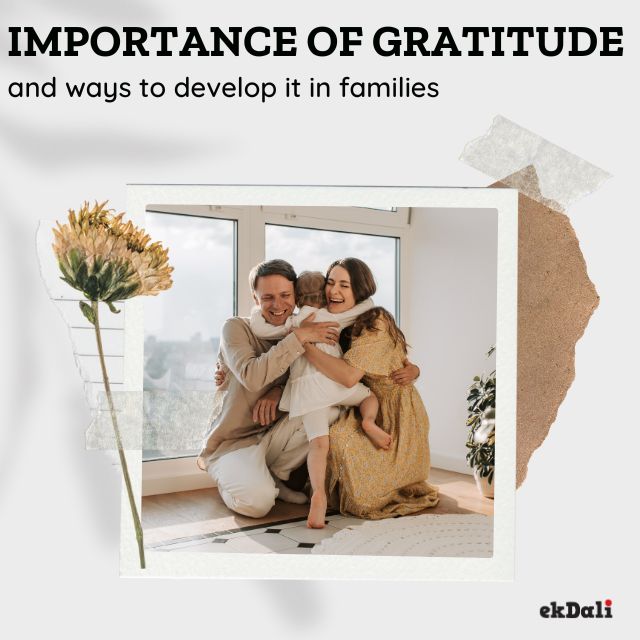A lot of research on Gratitude has been conducted by two psychologists, Dr. Robert A. Emmons of the University of California, Davis, and Dr. Michael E. McCullough of the University of Miami. In one study, all participants were required to write a few phrases every week with a focusing on certain topics.
One group had to write about events of the week that they were grateful for.The second group wrote about daily annoyances or things that had dissatisfied them. The third group wrote about events that had affected them (without placing any emphasis on whether they were positive or bad). Those who wrote about gratitude were more upbeat and felt better about their lives after 10 weeks. Surprisingly, compared to those who concentrated on sources of irritation, they also exercised more and saw doctors less frequently.
Dr. Martin E. P. Seligman, a psychologist at the University of Pennsylvania and another eminent expert in this area, examined the effects of several positive psychology interventions on 411 individuals and compared each to a control assignment of writing about earliest recollections. Participants' satisfaction scores immediately increased significantly when their task for the week was to compose and deliver a letter of thanks to someone who had never been adequately appreciated for their kindness. This intervention had a bigger impact than any other, and the positive effects persisted for a month.
Numerous other studies have come up with deep correlation between gratitude, happiness and general wellbeing
It seems like gratitude has a snowball effect. A person is more likely to acknowledge assistance and subsequently offer assistance in return if they feel grateful (Wood et al., 2010). People are probably more likely to help others in the future when they are praised.
Before you get into the article, we though you might liked to check out our growth mindset posters for kids
What is Gratitude really:
Gratitude is an appreciation or admiration of what we have, rather than always reaching for more.
According to Jans-Beken et al. (2020), gratitude is both a state and a trait. To put it more simply, one can feel grateful for someone or something in the present, and another person may feel grateful over the long term as a virtue. In the later case it becomes a trait
Gratitude has two stages.
The first step is to recognise one's own goodness. We say "yes" to life when we are feeling grateful. Overall, we believe that life is good and has qualities that make it worthwhile to live. The fact that we have received something makes us happy, both because it is there and because the giver made an effort to give it to us
Second, expressing thankfulness means realising that the causes of this kindness are not found within oneself. In contrast to one's own self, one might feel grateful to our creator, other people, animals, and the earth. At this point, we are aware of the goodness in our lives and the people we should be grateful to.
How do we go about building gratitude within the family
Write a letter of gratitude.
Write a letter of gratitude to members of the family.By expressing your satisfaction and gratitude for the influence that person has had on your life in a thank-you note or email, you can improve your mood and strengthen your relationship with that person.. Make it a practise to write at least one letter of thankfulness each week. You can make it a weekly family activity where all of you sit together and write a thank you note to each other
Mental gratitude
Think of someone to thank. Lack of time to write? It could be beneficial to simply acknowledge and thank someone in your mind who has done something kind for you.
Gratitude Journal
You can get a journal for the kids and yourself and write things that you are grateful for in it. It can be a daily activity that you do yourself
Pray
Those who practise religion might develop their gratitude through prayer.
Meditate.
Focusing on the present moment without passing judgement is a component of mindfulness meditation. It is possible to focus on what you're grateful for (the warmth of the sun, a nice sound, etc.), even if people frequently concentrate on a word or phrase (such as "peace").
Being Expansive
Be broad-minded. Make sure you're concentrating on feeling gratitude for people and circumstances in addition to just material items. Perhaps you pay attention to the headphones that make your workout more enjoyable, but you might also notice the club member who made you feel welcome or the fact that you can walk, lift, or stretch.
Who are we?
At ekdali, we believe that kids should be away from screen as much as possible and be interacting with each other and with family. Our maps, posters and flashcards are tools that help you with this objective. Do take a look
























